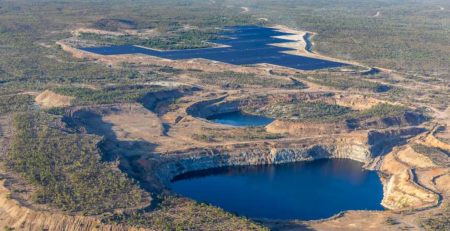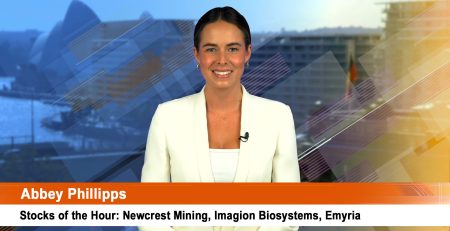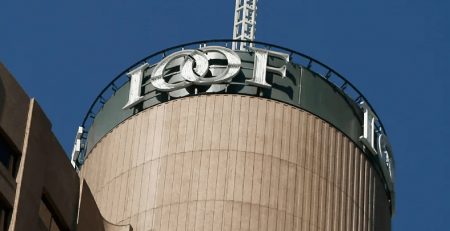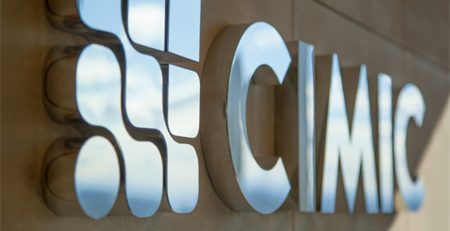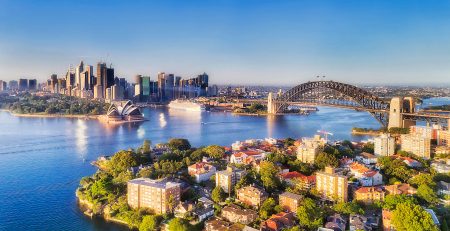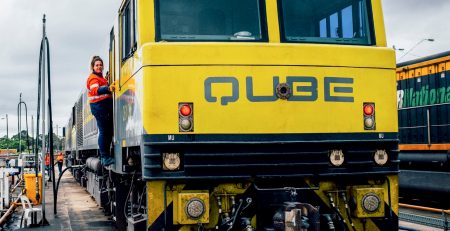[videojs_video url=’https://du7x25at22z7c.cloudfront.net/HS_250512/single_720p.mp4′ poster=’http://www.finnewsnetwork.com.au/newssystem/seqcmsfiles/2025/05/a0Y3gzs5S9967sITn8ax_1920x1080_64256.jpg’]
Wall Street ended Friday in a cautious mood ahead of high-level US–China trade talks. The Dow fell 0.29%, the S&P 500 slipped 0.07%, and the Nasdaq ended flat, with all major indices recording modest weekly losses. Trade discussions in Geneva between US Treasury Secretary Scott Bessent and Chinese Vice-Premier He Lifeng were described as “substantive,” with President Trump claiming a “total reset” in tone, following his earlier threat of 80% tariffs. Markets now turn their focus to incoming inflation, jobs, and housing data, including Wednesday’s US CPI and Australia’s wage and labour figures.
Ridley Corporation (ASX:RIC) has agreed to acquire Dyno Nobel’s Incitec Pivot Fertilisers (IPF) distribution business for $300 million, establishing a new growth pillar in its transition to a diversified agricultural services provider. The deal excludes Dyno Nobel’s manufacturing assets, such as Phosphate Hill, and associated remediation liabilities but includes a put/call option to buy the Geelong North Shore property for $75 million. IPF is Australia’s largest fertiliser distributor with 46% market share on the East Coast, supplying 2.2 million tonnes annually. Ridley will also secure 700,000 tonnes of future urea supply from Perdaman Chemicals’ plant, expected by 2028. The acquisition is expected to be more than 25% EPS accretive by FY26 post-synergies. It will be funded via a mix of new debt, $125 million in equity (including a fully underwritten entitlement offer and institutional placement), and $50 million in vendor notes. Dyno Nobel, which recently rebranded from Incitec Pivot, is executing a broader strategy to exit fertilisers and become a pure-play explosives company, with the transaction forming part of a multi-step divestment plan delivering up to $835 million in gross proceeds.
Orthocell (ASX:OCC) has received regulatory approval to sell its flagship nerve repair product Remplir in Hong Kong, well ahead of expectations, following a rapid one-month review by the region’s Department of Health. The collagen-based medical device supports nerve regeneration and is now approved in seven markets including the US, Canada, Thailand, Australia, New Zealand, and Singapore, collectively representing a total addressable market of US$1.8bn. Hong Kong will be serviced via a local distributor, allowing Orthocell to maintain its internal focus on the US$1.6bn US market. CEO Paul Anderson said the swift Hong Kong approval reflects the strength of the product and its clinical data, and reinforces Orthocell’s strategy of leveraging global distributor partnerships while preserving cash—A$31.7m at 31 March—for targeted commercial rollout. EU and UK submissions remain on track within 6–12 months, as Orthocell continues its push into the estimated US$3.5bn global nerve repair market.
Radiopharm Theranostics (ASX:RAD, Nasdaq:RADX) has received approval from its independent Data and Safety Monitoring Committee (DSMC) to proceed to the next dose level in its Phase 1 trial of 177Lu-RAD204, a radiopharmaceutical therapy targeting PD-L1 positive advanced cancers. The decision follows a positive safety and pharmacokinetic review of the first patient cohort treated at 30mCi, allowing the next group to begin at an escalated 60mCi dose—skipping a planned 40mCi tier. Recruitment across multiple cancer types including NSCLC, SCLC, TNBC, melanoma, HNSCC, and endometrial cancer is expected to be completed by mid-2025. With four active Australian trial sites and prior diagnostic safety data already published, the company sees RAD204 as a promising candidate to overcome resistance to current immunotherapies in solid tumours.

Copyright 2025 – Finance News Network
Source: Finance News Network


